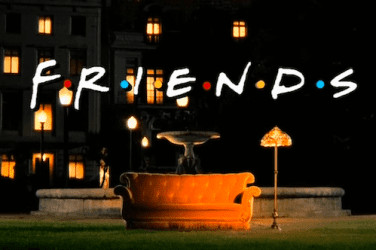Genres are the voices each of our stories speak with, unlocking these voices is one of the keys actors have to bringing forth meaningful performances.
When stepping into a new project it’s important you understand what genre your scene will be in, whether it be horror, drama, or historical, each genre has its own particular rules and quirks about them that we as actors need to keep in mind.
Yes, you can say most of that is the director and writer’s job to understand, but as an actor it’s also important we know what types of stories we are a part of and what mood they are trying to portray.
Genres such as comedies and family films tend to feel more natural from an acting perspective, but can sometimes delve into deeper circumstances.
While comedies tend to rely mostly on quips and good timing, they’ve evolved over time to also incorporate some really powerful messages. Realizing this contrast will help you to look at the genre differently and get ideas on how to portray your character in any given circumstance.
An example of this is the wedding dress scene from the show Men In Trees. The show is a comedy and the scene in particular is of the bride-to-be looking at her disheveled dress after a raccoon has ruined it.
During the scene, a woman in hospitality talks with the bride and they discuss relationships and their personal experience in the matter.
The scene is very lighthearted, while still being able to access some deeper themes. In the end of the scene, the two women are laughing and enjoying themselves in the midst of chaos.
Family films tend to be more deep throughout while also being fairly lighthearted. Family films don’t rely as heavily on quips, but aren’t afraid to have a few here or there at times.
Dramas and period pieces work a bit differently. Dramas tend to be profound and can be meant to make the audience think a little. Period pieces tend to also be a form of drama.
While both of these genres tend to be a bit deeper, they aren’t strangers to lighthearted moments, but their main point isn’t to be lighthearted.
Depth is the focal point of these types of stories. This is good to keep in mind when creating your character as it will influence the decisions and mannerisms they might have within the story.
Going back to the scene from before, during an acting school I took a few months ago, two of my friends reenacted this scene.
Just from looking at the script itself and not watching the scene beforehand, they interpreted the dialogue completely differently. The scene they portrayed turned into a more serious dramatic piece rather than a lighthearted comedic scene.
Both the original and the reenacted versions were great, both had understood the information and portrayed it well, but there were two very different interpretations of the exact same scene.
I believe this shows quite well the impact genre has on a scene. It’s quite important to understand beforehand the genre you are going for so you can interpret the scene accurately.
Watching films is one of the best ways to understand genre, I think. Since there are so many movies out there we have an abundance of resources to assist us.
Really any movie could work, but it’s probably best to pick movies that have won awards in the past to ensure you’re getting inspiration from quality material.
While this is just a short overview of information regarding understanding genre, I hope this has been helpful in aiding you, my fellow actors, with creating character and unlocking the creative juices inside you!

















